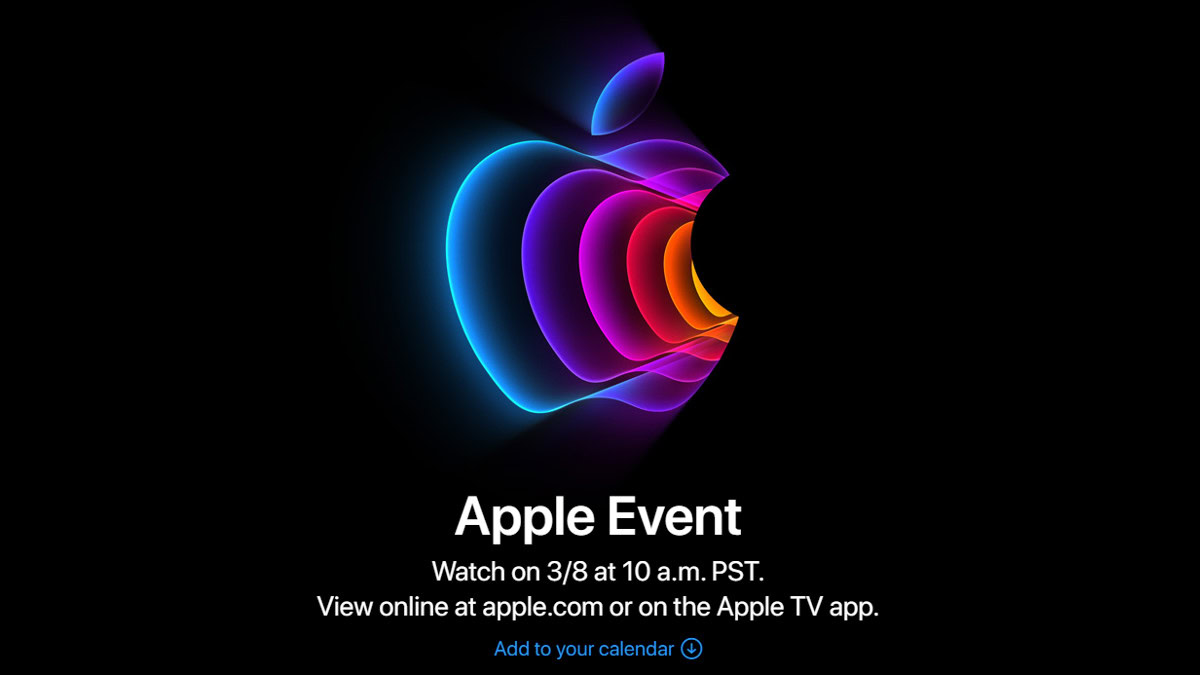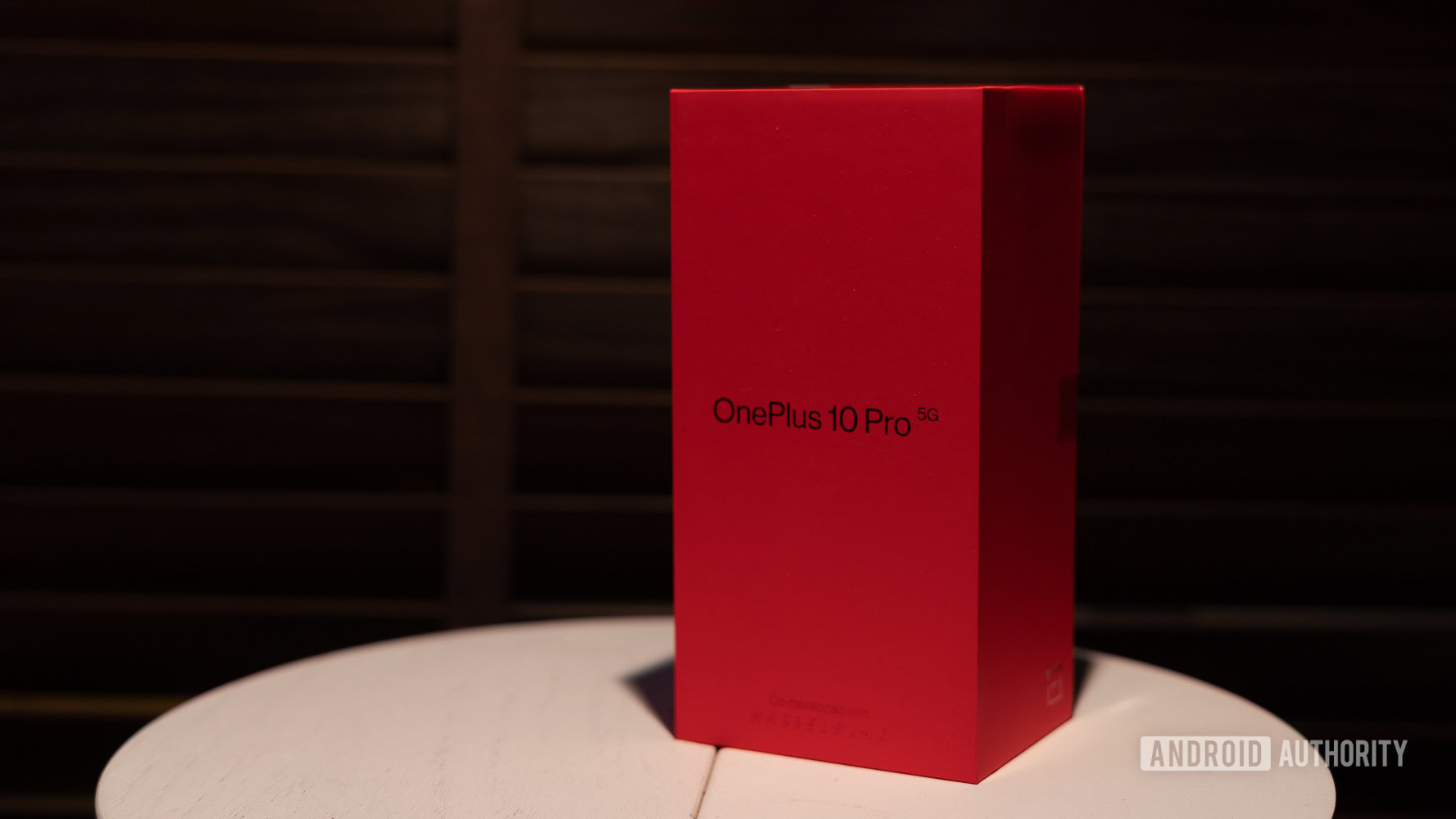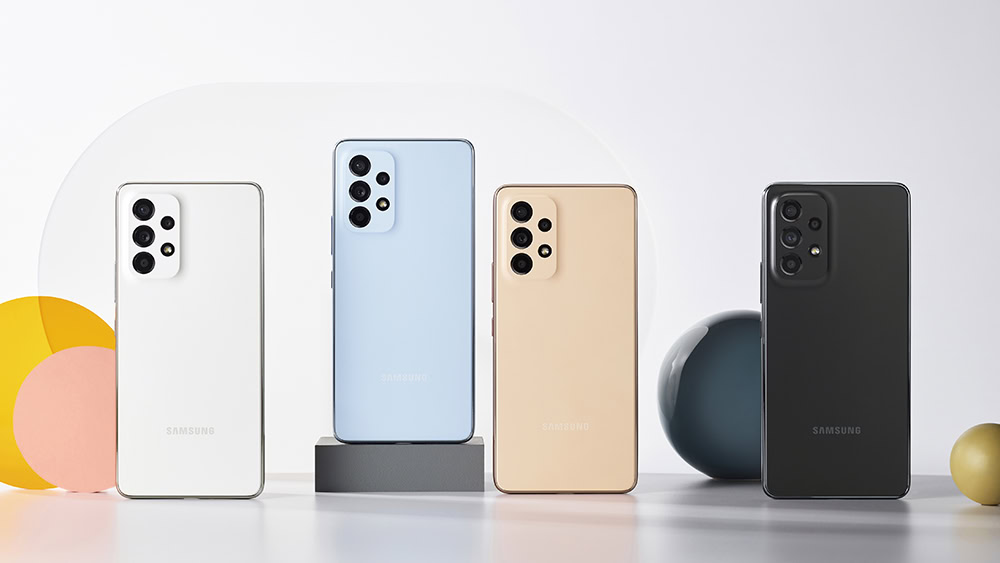Affiliate links on Android Authority may earn us a commission. Learn more.
⚡ Welcome to The Weekly Authority, the Android Authority newsletter that breaks down the top Android and tech news from the week. The 186th edition here, with Samsung’s new A series phones, Xiaomi 12 first impressions, and that Netflix sharing crackdown…
🦕 I’m now many, many hours into Horizon Forbidden West and showing no signs of coming up for air — could somebody bring me snacks? It’s that good.
Popular news this week
Samsung:
- At Samsung’s Galaxy A event on Thursday, we saw the Galaxy A53 and Galaxy A33 announced, plus the A73 quietly launched as well. The Exynos 1280-powered Galaxy A53 looks a lot like the A52/A52s, with a 5,000mAh battery, 6.5-inch screen, and quadruple cameras. The A33 also has an upgrade with the Exynos 1280 chip, 5,000mAh battery, and IP67 water resistance, more of an upgrade over its predecessor. Pre-orders go until the end of March, though the A33 isn’t yet announced for the US.
- On the Galaxy A73: 108MP camera comes to the A-series, though Samsung’s unfortunately swapped out the A72’s 3X telephoto camera for a depth sensor.
- In wearables, the Samsung Galaxy Watch 5 battery leaked: Allegedly model number EB-BR900ABY with a 276mAh capacity, about 10% larger than the one in the 40mm Galaxy Watch 4.
- Meanwhile, the Galaxy Tab S8 has now been removed from Geekbench as it’s also guilty of GOS throttling.
- Speaking of, Samsung apologizes for throttling, says it will add new features to prevent overheating: “We will secure safety using a heat control algorithm.”
- And Samsung’s offering to fix a busted screen on Galaxy S or Galaxy Note devices for $100, only until March 28.
- Samsung’s also giving away curved gaming monitors: Pre-order a Galaxy Book 2 Pro or Book 2 Pro 360 and get a 32-inch Odyssey G35T curved gaming monitor worth $229. Pre-order the non-pro Galaxy Book 2 360 and you get a free 24-inch Samsung CRG5 gaming monitor worth $175.
- Also this week: You might actually want to use the 30x zoom on the Samsung Galaxy S22 Ultra.
Google:
- Google I/O dates announced for 2022: May 11-12, mostly virtual attendance only, and Google could announce a bunch of stuff, possibly including a new Pixel phone, even a foldable?
- The second Android 13 developer preview is here, for Pixel phones from the Pixel 4 forward, featuring multiple privacy and usability improvements, including a new notification permission Google will require developers to use.
- And here’s the expected Android 13 schedule: We could see an August 2022 launch of the stable release.
- Meanwhile, here’s everything we know and want to see from the Google Pixel 7 series, from rumors to a wishlist.
- That’s a bit strange: The Android lawn statues have disappeared from Google’s headquarters… no comment from Google yet.
- Also this week: Gboard could finally get a long-overdue split keyboard layout for tablets and foldables.
Xiaomi
- Xiaomi 12, 12 Pro, and 12X launched globally on Tuesday, but no Ultra phone (likely later this year): A Snapdragon 8 Gen 1 chip for both the 12 and 12 Pro, with a new Sony IMX707 main sensor for the Pro, plus faster charging compared to last year’s Mi 11 Ultra (and fast chargers in the box!). No IP rating, though, no autofocus on the ultrawide, and only a 2x telephoto lens.
- Xiaomi Watch S1 (and S1 Active) also launched this week, available throughout Europe this month.
- Yet another Xiaomi launch: The Redmi K50 and K50 Pro, with two MediaTek Dimensity flagship SoCs with QHD+ displays, sizeable batteries, and fast wired charging: China-only for now but could launch globally as rebranded devices sometime in the future.
OnePlus:
- OnePlus Nord 3 specs leak: Another rebrand could be on the cards, as specs look very similar to previously leaked realme GT Neo 3 specs.
Apple:
- Apple might use older chips in its cheapest iPhone 14 models: The upcoming A16 chip will reportedly be reserved for its Pro models, while other models stick to the A15 processor found in the iPhone 13 series.
- The Mac Studio and Studio Display went on sale from Friday, with reviews already in.
- Apple’s hold on App Store set to face significant challenge from new European law: new legislation would “direct Apple to allow software to be downloaded outside its cash-generating App Store and limit how companies impose their own payment systems on apps,” according to the WSJ.
Space:
- SNL star Pete Davidson won’t be going to space anymore after Blue Origin flight date shifts to March 29.
- NASA’s new space telescope sees first starlight, takes selfie.
- Say what? Our universe may have a twin that runs backward in time, which could explain dark matter and cosmic inflation.
- And Elon Musk predicts date for first crewed landing on Mars: 2029.
Elsewhere:
- The excellent YouTube Vanced app has been shut down due to legal threats.
- On its road to success, BBK is leaving OnePlus behind.
- And Microsoft says you weren’t supposed to see Windows 11 File Explorer ads seen by early testers.
- The Chinese city (and tech hub) of Shenzhen entered a week-long lockdown after a spike in covid cases, which could exacerbate supply shortages, though Hon Hai Technology Group (Foxconn) was partly back at work on Wednesday.
- Walgreens replaced some fridge doors with screens: Shoppers weren’t happy, with some having to watch an ad before figuring out which door the product they wanted was behind. Annoying much?
- Hate changing clocks? Some good news: The US senate’s passed legislation to make daylight saving time permanent from 2023, citing seasonal depression reductions and benefits for businesses that rely on light — the bill’s titled the “Sunshine Protection Act.” More on that below!
- And Tesla’s raising prices for its EVs — again — by between 5% and 10%: Tesla’s cheapest available EV is now $46,990.
- This matters: The Matter smart home standard’s been delayed again until Fall. A CSA blog post says: “To further improve code quality and stability and accommodate the breadth of Matter devices and platforms, we’re extending our testing and validation events.”
- Finally this week: NFTs will be on Instagram soon, according to Mark Zuckerberg — over “the next several months,” apparently.
Movies/TV:
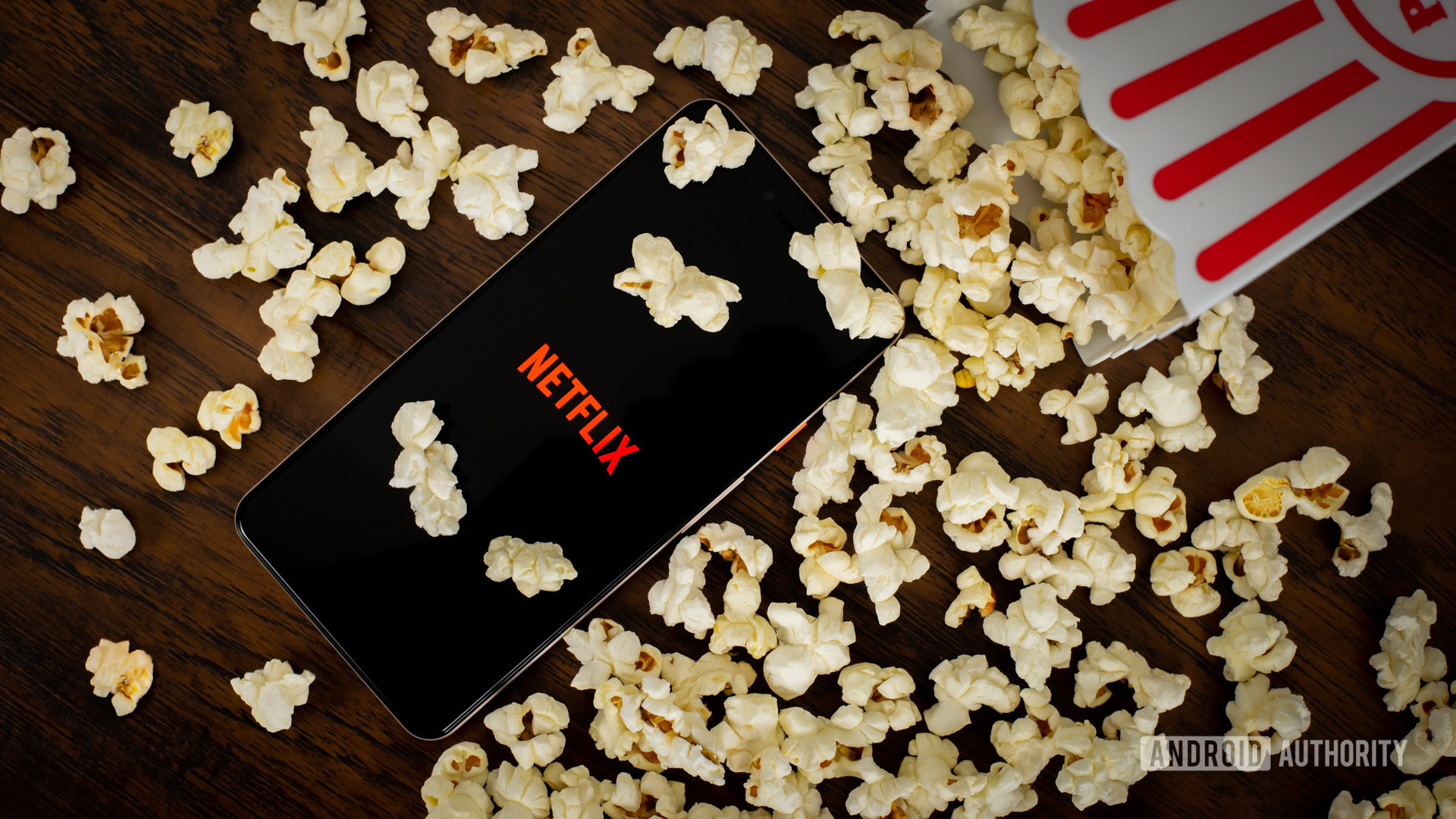
- Netflix is cracking down on sharing: In a blog post, the company mentioned account sharing “impacting our ability to invest in great new TV and films for our members.” It’s testing a new feature that effectively raises prices for sharing outside your own household, initially in Costa Rica, Chile, and Peru.
- And Discovery Plus and WarnerMedia’s HBO Max are being combined into one service.
- Meanwhile, Amazon’s $8.5 billion MGM deal completes, will see more than 4,000 films and 17,000 TV shows added to Prime Video, including classics like Silence of the Lambs and Fargo — and Amazon now owns rights to franchises such as Robocop, 007, and more.
- The Godfather is considered as one of the best movies of all time, but it almost never got made: Trung Phan’s SatPost has an interesting deep dive that’ll take up most of your afternoon.
- Umbrella Academy season 3 finally has a launch date: June 22 on Netflix, following the show’s two-year hiatus.
- And True Detective season 4 is in the works at HBO, currently titled “True Detective: Night Country,” with rumors saying it could be set in the Arctic and feature two female leads, though the plot’s largely under wraps
- Also this week: Reviews are in for the Halo video game TV series (coming to Paramount Plus March 24), and seem mixed.
- If you’re wondering what to watch this week, check out our pick of the best new streaming movies, including post-apocalyptic thriller Black Crab and erotic thriller Deep Water.
Gaming:
- At Sony’s State of Play this week we got a deep dive into Hogwarts Legacy, including almost 15 minutes of gameplay. Expect the game Holiday 2022.
- Grand Theft Auto V and GTA Online launched Tuesday for PlayStation 5 and Xbox Series S|X — according to Kotaku, GTA Online feels like a new game, with the career builder feature offering you four career options, plus the usual framerate and resolution bump.
- And Gran Turismo 7 was offline for over 24 hours: So much of the game needs an online connection that players have been locked out. The reason? Server maintenance scheduled for March 17 uncovered an issue that led to an extension — but it’s now back online.
- Someone finished Elden Ring in under 30 minutes: Dark Souls speedrunner Distortion2 completed the game in just 28 minutes and 59 seconds using the wrong warp glitch.
- Speaking of Elden Ring, it’s sold 12 million copies in the two and a half weeks since launch.
- SteamDeck emulation looks pretty good: YouTuber ETA Prime tried out a bunch of old console games on Valve’s handheld.
- And Steam games are officially coming to Chrome OS but powerful, high-end Chromebooks only: minimum specs appear to be 11th-gen Intel CPU i5 or better, and 7GB of RAM.
- Meanwhile, xScreen turns an Xbox Series S into a portable console, but it’ll cost you.
- Elsewhere, the latest NVIDIA RTX 3090 Ti leak — but take it with a pinch of salt — suggests that the GPU is finally going to launch on March 29, hitting shelves same day, with reviews embargoed until that date too.
- And while we’re on the topic of Xbox, the ID@Xbox Spring Indie showcase took place on Wednesday, with a peek at games like Cursed to Golf (amazing!), A44 Games’ Flintlock, an open-world action RPG, and interactive movie trilogy Immortality.
- Sad news: EA has canceled its annual Play Live event in June.
Reviews
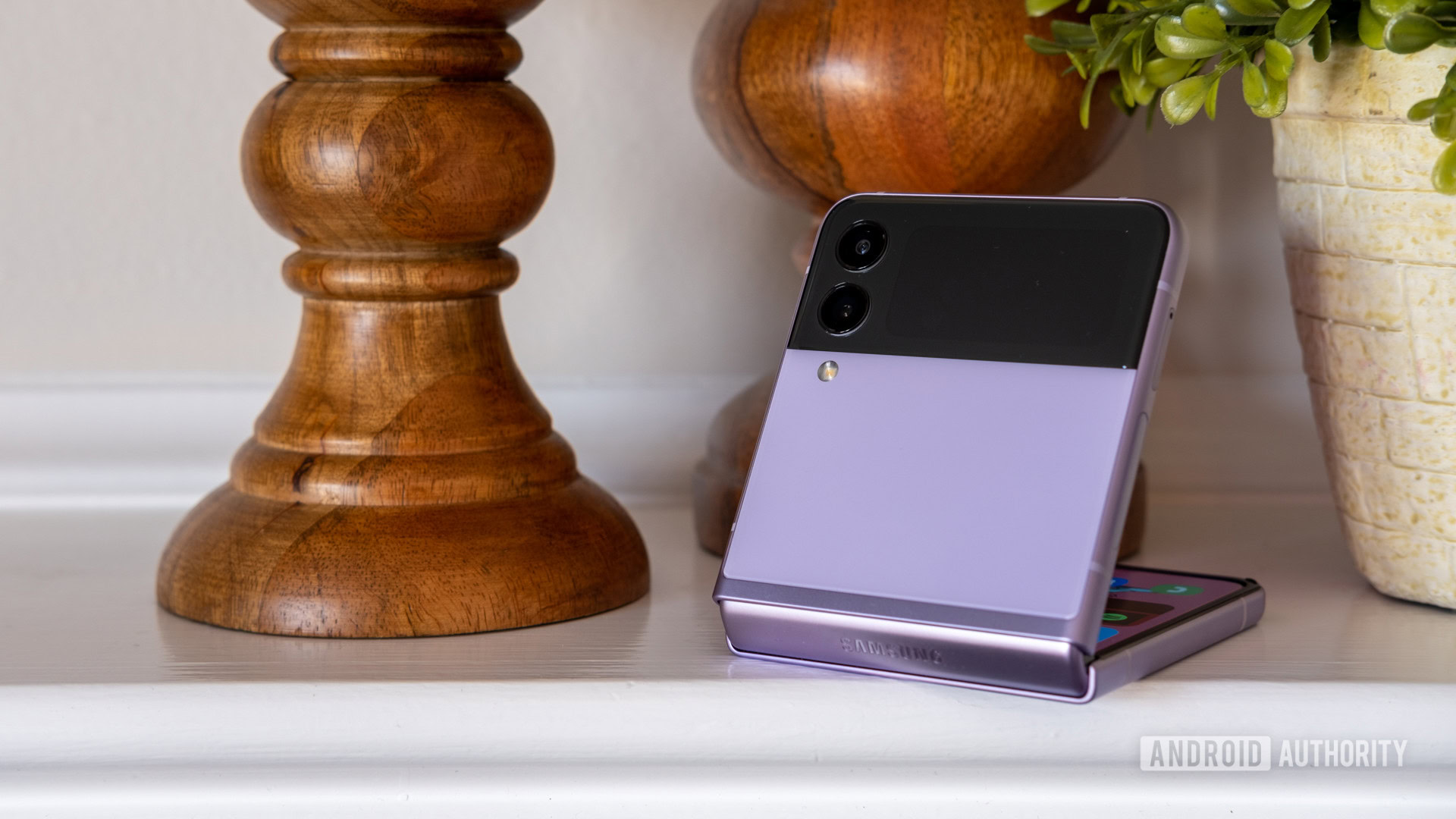
- Samsung Galaxy Z Flip 3 revisited: The good and the bad over six months later — It’s not perfect, but it’s probably the most fun you’ll have with a phone, if you can get over that battery life.
- Samsung Galaxy Tab S8 Plus review: Hitting the sweet spot — “This is a powerful slate with an excellent widescreen display, an included S Pen, and plenty of extras to entice would-be buyers, though it hits the ceiling of what’s possible on Android tablet software and mobile processors.”
- Mac Studio review: More than a Mini — “Apple’s new desktop and Studio Display are aimed at content creators who need more than a Mac Mini, but not quite a full Mac Pro desktop” (CNET).
Features
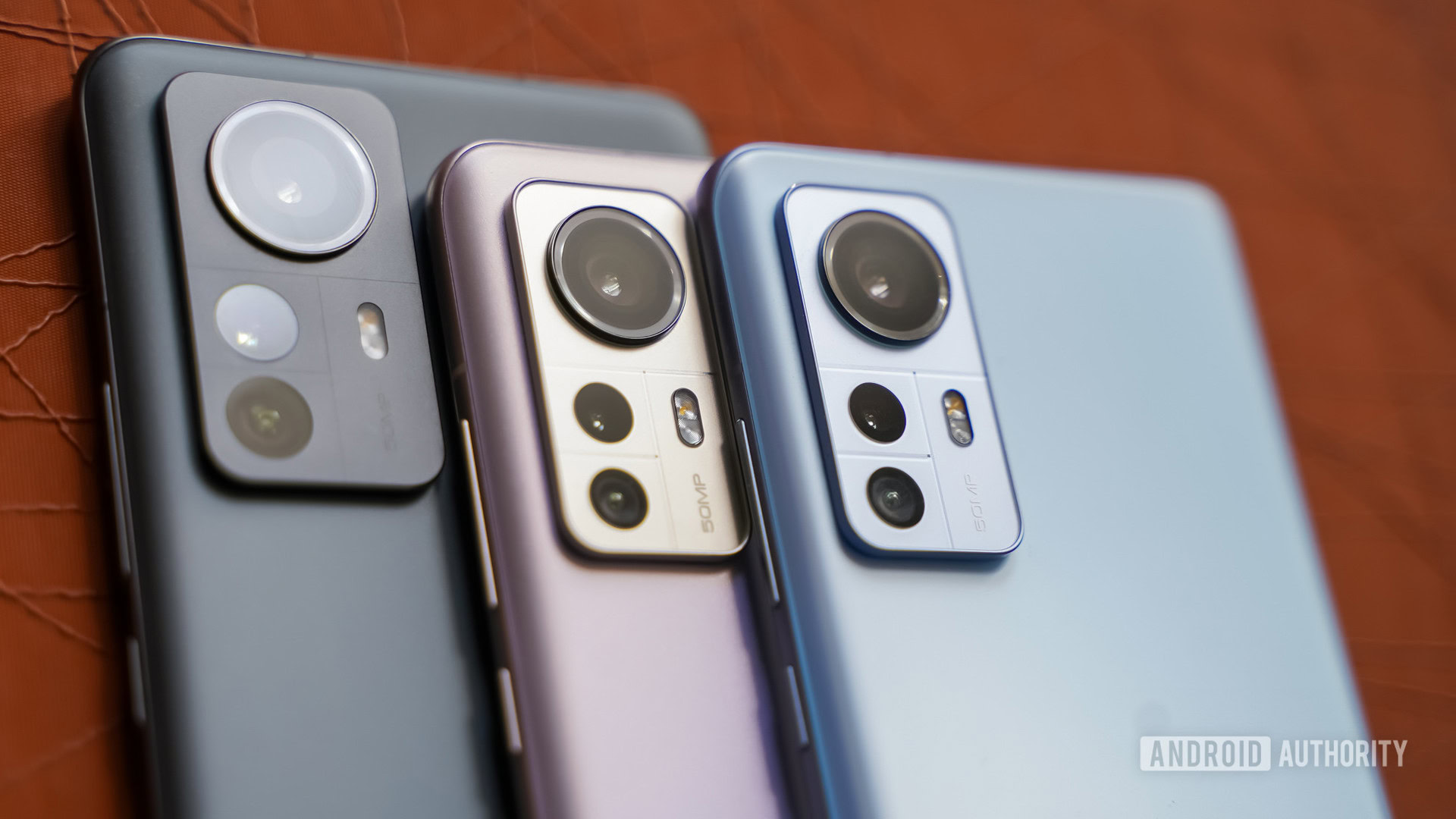
- Xiaomi 12 Pro and 12 impressions: Stopping short of premium — “Has Xiaomi crafted a Galaxy S22 killer?” (Android Authority)
- The 8 best Android smartphone processors in history — From the Snapdragon 800 to the Exynos 7420, and more (Android Authority).
- How to retrieve lost files on Android: Your guide to Android data recovery — Seven methods to try if the worst happens (Android Authority).
- Surveillance will follow us into “the metaverse,” and our bodies could be its new data source — “Virtual reality headsets learn more about you than traditional screens. That could be good news for creepy companies” (The Washington Post).
- Of course we’re living in a simulation: “The only people who absolutely disagree are, well, scientists. They need to get over themselves and join the fun” (Wired).
Weekly Wonder
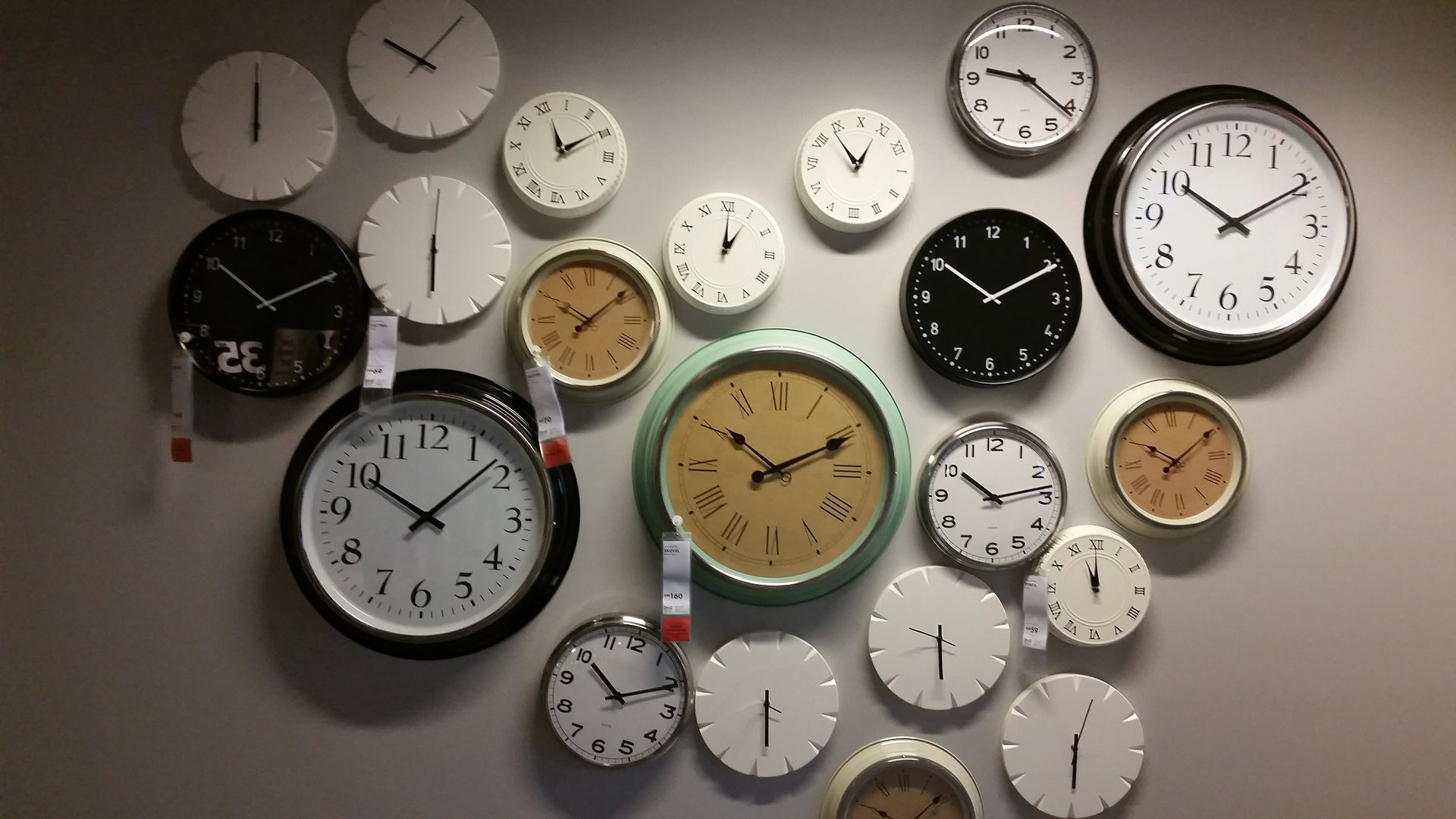
With the news that Daylight Saving Time (DST) could become permanent, we’re taking a dive into the history books this week with the inventor of DST, plus some facts you (probably) never knew…
Who invented Daylight Saving Time?
Many credit Benjamin Franklin as being the brain behind the idea of Daylight Saving Time. While it’s true that he did write a satirical essay on the topic in 1784, he didn’t actually suggest DST, either as a joke or a serious idea. Instead, the first person to propose the idea was actually an entomologist (an insect biology specialist) in New Zealand, in 1895.
- George Vernon Hudson worked a day job at the Wellington Post Office.
- Hudson found he didn’t have enough daylight hours after work to collect insects for his studies.
- If clocks were advanced two hours in summer and shifted back in the winter (when he wouldn’t be hunting for bugs), he figured that might solve the problem.
- He proposed a two-hour Daylight Saving Time for New Zealand, arguing that the benefits to the population were many:
- “The effect of this alteration would be to advance all the day’s operations in summer two hours compared with the present system. In this way, the early-morning daylight would be utilized, and a long period of daylight leisure would be made available in the evening for cricket, gardening, cycling, or any other outdoor pursuit desired.”
When the idea was first presented to the Royal Society of New Zealand, Hudson was openly mocked, and many thought the proposal unnecessary and confusing. With time, attitudes changed and his idea was adopted by many nations, including New Zealand in 1927.
The Waste of Daylight
Some years later, William Willett proposed his own idea for a scheme that would see clocks altered by a more modest 20 minutes.
- Willett was a keen golfer who despaired at having his evening round of golf cut short by the encroaching dark.
- Willett wrote a pamphlet called “The Waste of Daylight.“
- He wrote: “Standard time remains so fixed, that for nearly half the year the sun shines upon the land, for several hours a day, while we are asleep. And is rapidly nearing the horizon, having already passed its western limit, when we reach home after the work of the day is over.“
- He had a point!
- The British parliament considered Willett’s proposal in 1908, but the bill was never passed, though Willet lobbied for it for the rest of his life.
A few more facts
Did you know that Austria and Germany were the first two countries to adopt Daylight Saving Time?
- This happened in 1916 as a wartime measure to conserve energy, with many other countries in Europe following later.
- The UK adopted DST in May 1916, the US in 1918.
- In 1919, following the end of the war, Woodrow Wilson put an end to DST in the US.
- It wasn’t until 1942 that DST was brought back to the US, then known as “War Time,” and it has stuck around for most of the country ever since.
Daylight Saving Time was standardized by Congress in 1966, when the Uniform Time Act was passed. Prior to this, DST started and ended on different dates across various US cities and states, causing chaos. This Act didn’t make DST mandatory though, so states that didn’t wish to implement it, like Alaska and Arizona, weren’t forced to.
Fast forward to today
Today, 127 years after Hudson first proposed his idea for Daylight Saving Time, it’s in effect in 70 countries worldwide.
If current legislation proceeds, Americans may no longer have to change their clocks twice a year. According to some, that could be good news for our health as we’ll (supposedly) stick to the same sleep schedule every night. When we shift our clocks forward one hour in spring, that hour of sleep is lost for many of us, and we start feeling jet-lagged and out of sync. Then there are those who believe permanent DST would be bad for our health.
Whether you’re in support of the proposal or not, bear this in mind. In the 1970s, there was a period where daylight saving time was permanent for 16 months. A poll revealed only 30% of Americans approved.
Tech Calendar
- March 23: Nothing event with Carl Pei keynote.
- March 24: Halo TV show lands on Paramount Plus
- March 25: Ghostwire Tokyo released for PS5/PC
- By end of March: OnePlus 10 Pro global launch
- April 1: Galaxy A53 on sale (T-Mobile and Verizon from March 31)
- May 11-12: Google I/O 2022
Tech Tweet of the Week
me: excuse me i ordered coffee and this is beer?waiter: no i’m pretty sure this is what you ordered, you must be remembering it wrong pic.twitter.com/qf7iYLHOfL— Rob N Roll (@thegallowboob) March 13, 2022
Something extra: From The Hustle — This site lets you experience the Apollo 11 moon landing from the perspective of the crew and Mission Control.
Have a great week!
Paula Beaton, Copy Editor
